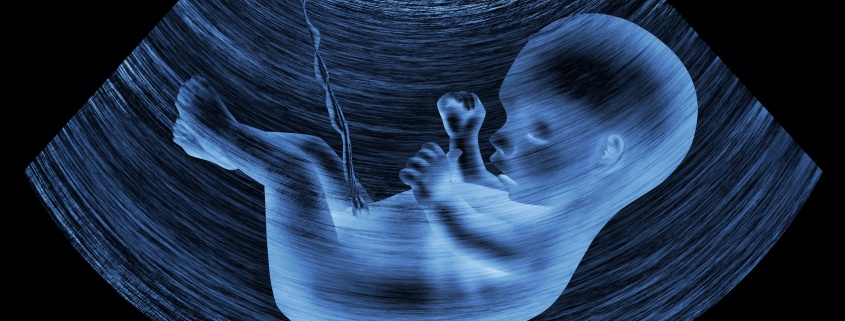In the cradle of God’s mercy
By Hesham Hassaballa
For many years, I have written and preached about the fact that the love of God can be read in and inferred from many verses in the Qur’an. Yet, after I was exposed to the classes at Bayyinah Institute, I realized that – despite my being a native Arabic speaker – I really did not understand the book of God. For all these years, I was staring at the love of God in the Qur’an and had absolutely no idea.
In the first chapter of the Qur’an, Al Fatihah (“The Opening”), God introduces Himself to the world:
“All Praise and Thanks belong to God, The Lord and Master of all nations of people
The Extremely, Eternally, Perpetually? and Infinitely Merciful
Master and King of the Day of Judgment”
This chapter was the first one revealed in totality to the Prophet, and in it, God describes Himself in terms of love and mercy. The root of the words, Al Rahman and Al Raheem, is “rhm,” which denotes love, care, and mercy. From it comes the word for mother’s womb, which is the ultimate manifestation of love and care.
And the words themselves are deeply profound in meaning. Al Rahman has three elements of mercy: first, it is extreme in nature; second, it is immediate; and third, it is temporary, meaning that something can take it away. Al Raheem has two qualities: first, it is eternal and perpetual; and second, it is not necessarily occurring right at this second.
Thus, with the two being paired together, it has the meaning which is roughly translated at “The Extremely, Eternally, Perpetually and Infinitely Merciful.” His Mercy is extreme and occurs right at this second, when we need it most, and it is there perpetually and eternally when we need it later.
And within those two words are God’s love for us. For more than two decades of my life, I was reciting in the prayer these words and had no idea that God was telling me, directly, that He loves me. For too many times in my life, I have had preachers and Imams focus on God’s wrath, and punishment, and anger, and power.
Indeed, He has all of these things. And we all pray that He never shows us those things. Yet, when He chose to introduce Himself to the world, and introduce Himself to those who seek guidance in His Word, He chose to focus on His love and mercy; His beauty and goodness; His care and benevolence. Out of all His infinite qualities, He chose to tell us that He is Al Rahman, Al Raheem.
Now, of course, whenever one has a benevolent master, employer, or manager, those in his responsibility are liable to take advantage of this benevolence. There is a risk that, knowing that our God is a loving and merciful Lord, we may take advantage of this fact and willfully sin against Him saying, “He is Merciful.” That is why He said that He is “Master and King of the Day of Judgment.” There will be a day when we will face Him and be taken to account for all that we have done.
Yet, still, despite this, the first thing He said about Himself is that He is Al Rahman, Al Raheem. This means that His mercy is extreme, immediate, eternal, and perpetual. And this is because He loves us more than we will ever know. I never knew that this amazing chapter told me this from the very beginning. And I am so very grateful to my Lord that I now do.



















2015
1,592 views
views
0
comments